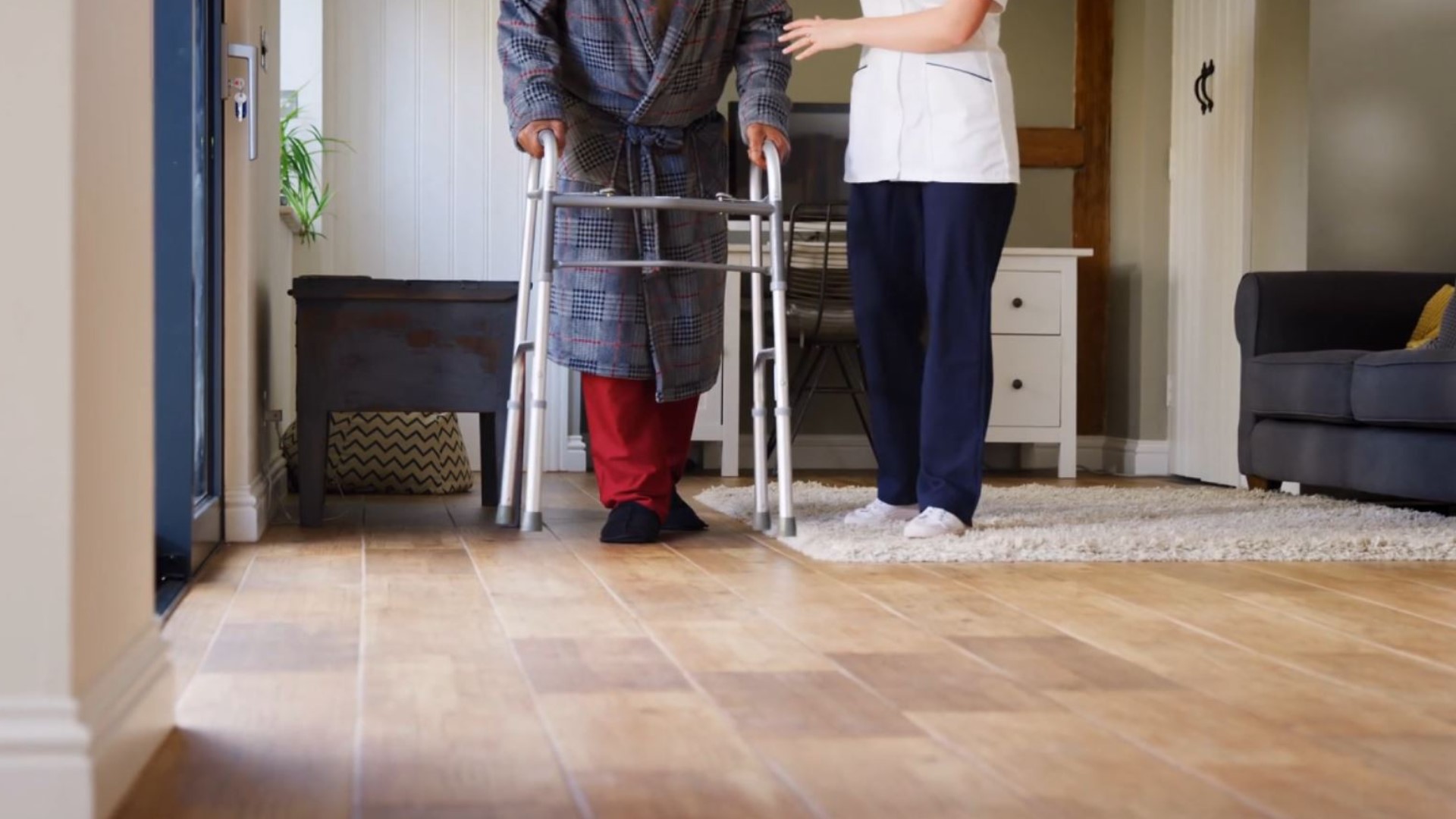SCRANTON, Pa. — Health care officials call the situation dire. The past year took a major toll on long-term care facilities.
“This is the single biggest crisis and the single biggest issue facing long-term care providers today," said Zach Shamberg, president and CEO of Pennsylvania Health Care Association.
A recent survey found that 94 percent of nursing homes across the country are short-staffed.
In part, the pandemic has made things much worse. Staffers are leaving because of health worries or because they are burned out.
In Pennsylvania, 75 percent of nursing home providers say they are operating at a loss right now, and 25 percent of those say they will not stay open beyond six months from now unless they get some help.
“When we hear from providers today about their workforce, the most common phrases they’re using are fatigue, exhaustion, and burnout, and the past 15 months have severely affected their ability to recruit and retain new workers.”
State leaders are looking to update regulations for the first time in 20 years, increasing the hours of direct care for patients.
Health officials say the top four costs for nursing homes since January are:
- additional pay for staff,
- hiring agency staff,
- paying for protective equipment,
- and testing for residents and staff.
“Pennsylvania is the third-oldest state in the entire country, and our aging demographic is only growing, reliant on contract staff or agency staff and then leaving that doesn’t help quality of care.”
Some in health care are calling on state officials to do more by getting funding to help those in nursing homes train and hire staff, pay them more, and help fund testing and building upgrades.

